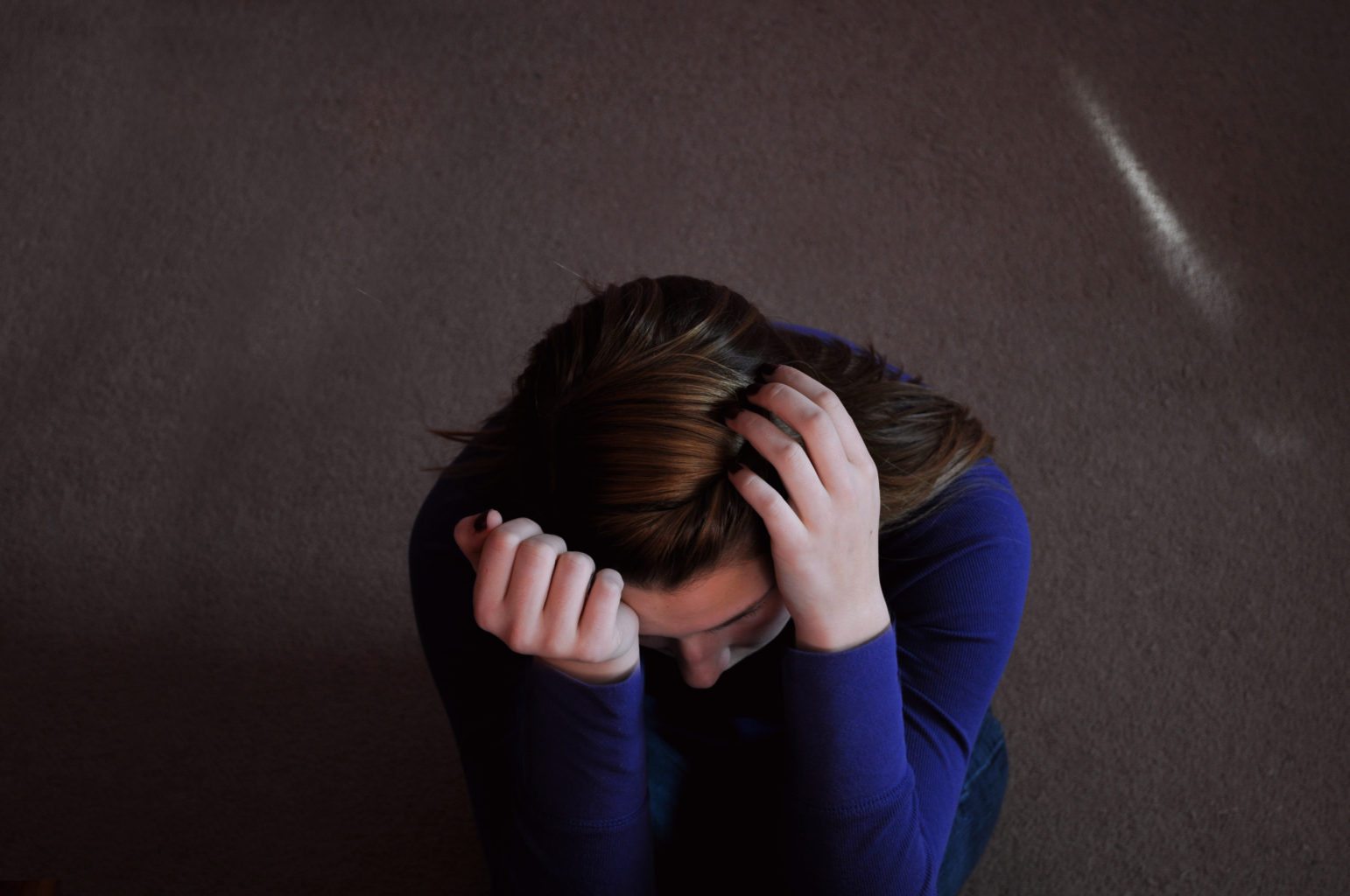The enemy within: Depression
One writer sheds light on mental illness and recounts their experience dealing with depression at university.
No worst, there is none.”
This article is not about Hopkins’ poetry, but rather the subject matter of his ‘terrible sonnet’ – depression. Given that one in four people have a mental illnesses at any one time, you’re likely to know someone who is suffering, be it a family member, a close friend, colleague or maybe even yourself. These can be both males and females. Of these sufferers, 80% will not seek professional help, most likely because of the social stigma and taboo associated with mental illness.
Currently, depression is the 4th leading cause of disability, but by 2025, it is expected that depression will be a much more common illness – only second to obesity related illnesses. Robert Saplosky, Professor of Neurology, Neurological Sciences and Neurosurgery, Stanford University, is internationally renowned for his work on depression. Saplonsky states that “depression is the worst disease you can get. It’s devastating.” Those who have suffered with depression will most likely agree with his statement; the disease’s invisibility to others, complexity and severity make it one of the most destructive and crippling illnesses.
Clinical depression is more than the ‘the blues’ or feeling ‘down in the dumps’. Depression takes away the meaning and purpose of life by influencing all aspects of a person’s everyday life, be it eating, sleeping, working or how a person thinks about themselves and their world. A depressed person does not choose to have this crippling illness; they are a victim and can’t ‘snap out of it’ nor ‘pull themselves together’. It is essential that they seek help.
depression is more than the ‘the blues’ or feeling ‘down in the dumps’
The severity of a depression diagnosis is dependent on the symptoms and their functional impact; a persistent low mood and loss of interest are the core symptoms. In the mildest form, this can just mean feeling low. However, the most serve form (clinical depression) can be life-threatening, whereby sufferers experience suicidal and self-harming thoughts. Do any of these symptoms sound familiar? It’s important that you seek help if you think you may be suffering from depression.
In 2013, I was granted temporary withdrawal from university after being diagnosed with clinical depression. The time away has provided me with time to recuperate, has rekindled my love of learning (which was stripped away when I experienced anxiety attacks upon even approaching course material) and finally has helped me understand depression a little more. I hope this article will enlighten you as I share my own experiences and, in doing so, help you recognise any symptoms that may prevent you from reaching a crisis point.
As someone who keeps their feelings to themselves, if you’re having any symptoms of depression, I strongly urge you to seek assistance and talk about your feelings with friends, family or tutors. Take it from someone who has been in the same position as you – being open will help you find relief, and you’ll gain an insight into your illness. Having people around you that can support and care for you is one of the most important factors in dealing with the illness.
Depression is not just a western problem.
I have the greatest admiration for those who have supported me throughout my time at university but I realise that not everyone suffering with mental illness is as lucky. I know it is difficult to ask for help from your personal tutor but they are your best source of advice and support. They can direct you to more relevant support services, make allowances for deadlines (most of the time) and provide a much needed shoulder to cry on (if necessary). The connotations such as ‘being weak’ and ‘unable to deal with life’, prevented me from seeking help earlier, even though deep down I knew I shouldn’t have been feeling this way and there really is no shame in it.
Those that are suffering with severe depression may find that their thoughts overwhelm them and they are unable to find the motivation to get up in the morning. During my ‘darkest days’, I attempted to hide from the world, under the duvet, stared at the ceiling and watched time pass by – effectively wasting my life. It’s important to challenge your thoughts and set small, realistic goals such as meeting up with a friend for coffee during these days. These activities will increase your motivation to complete more demanding tasks and increase your self worth. I realise how difficult it can be to do this when you feel the world is against you, but keep trying, and don’t beat yourself up for not reaching certain expectations.
After having read this article I hope you feel that if necessary you can talk to someone about depression and recognise that it should not be a taboo subject. Depression is not just a western problem. It is real. You are not weak. You are not alone. There is hope.
Useful contacts
Mind – Information on the most common mental illnesses and details of local Minds.
Depression UK
Depression Alliance
0845 123 2320


Comments